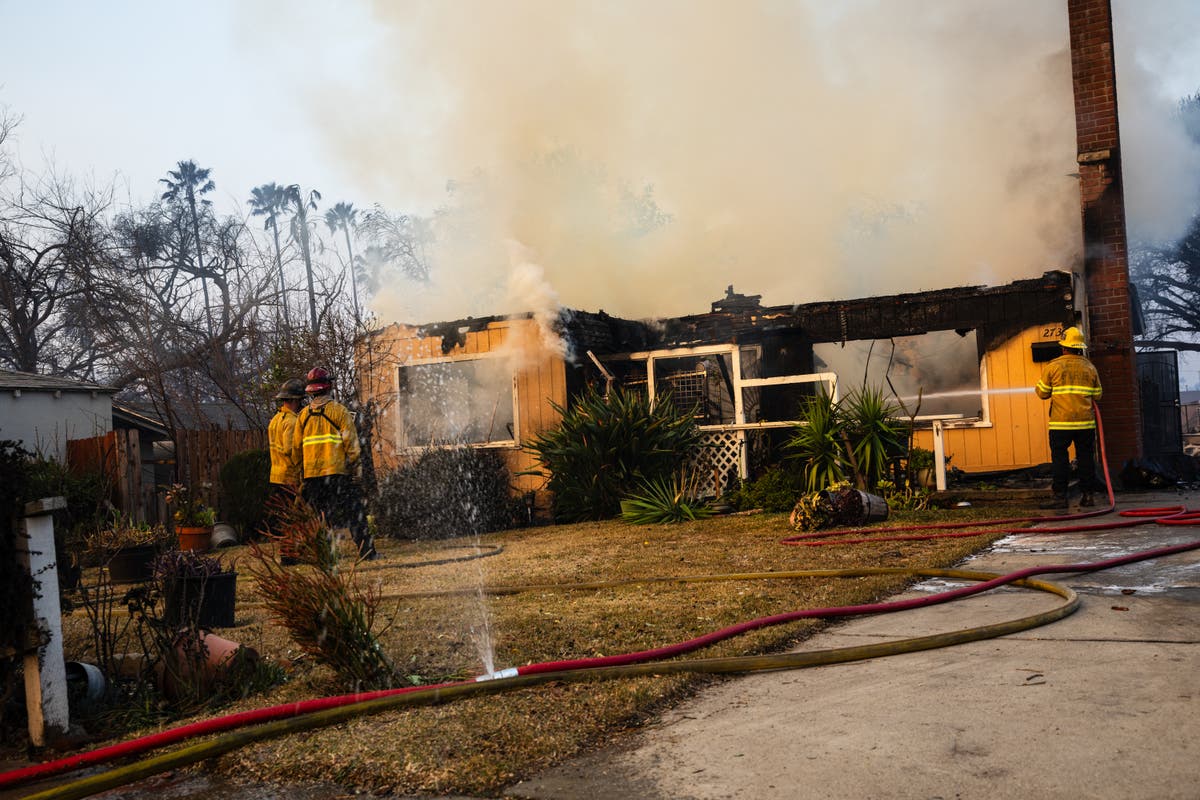The French newspaper Le Monde said that members of the Palestinian Authority forces are obligated to coordinate with their Israeli counterparts in the territories occupied by Israel, which fuels doubts about cooperation between them and undermines the legitimacy of the Palestinian Authority among the population.
The newspaper, in a report written by its special envoy to the West Bank, Jack Foloro, started from the Israeli bombing of the headquarters of Mahmoud al-Zoufi, leader of the Al-Aqsa Martyrs Brigades, the military wing of the Palestinian National Liberation Movement (to open).
An Israeli army spokesman said that this was the first time that an aircraft had struck a target in Nablus since the second intifada in 2000, noting that the October 7 attack had changed the situation, and that Israel did not want a second internal front in West Bank Run by other Palestinian armed groups.
Although the spokesman did not mention anything about the human intelligence required for the operation, the newspaper saw that it was a central part of the operation, because the Balata camp is densely populated and a maze of narrow streets, and there is no opportunity to reveal its secrets without local assistance, and even the Palestinian Authority forces do not venture into this enclave. Which some of its residents described as “the beating heart of the revolution in Palestine.”
Dahlan (a nom de guerre) stopped in front of the place where his brother was killed to say, “We know that the Israelis have collaborators in the camp and that cooperation with the Palestinian Authority has not been this strong since October 7. The Authority provides information about our weapons, our phones, our cars, and our movements.” But does You went so far as to help the Israelis kill his brother? “Maybe yes and maybe no”.
Traitorous leaders
In his office in Nablus, Governor Ghassan Douglas confirms that his forces do not enter Balata, but he confirms that he goes there alone without a bodyguard, and “we communicate with the Israelis through the coordination office, but the only thing we demand in vain is the reopening of the checkpoints surrounding the city and access to the fields.” “Olive. And the settlers are in control, not the army.”
As proof of this, he recounts what happened to him: “On my way to the village of Beit Furik, soldiers intercepted me at the checkpoint for half an hour, even though they were informed of my arrival from the coordination office. They insulted me in front of everyone, saying that they were treating me even though I was conservative, like everyone else.”
Al-Tirawi: The arrests of Palestinians carried out by the Authority since October 7 make us appear as servants of Israel. aIsraeli requests only come when they launch raids on the Nablus area. They are warning us because they do not want to see any weapons or vehicles of the authority, otherwise they will open fire, and our forces will return to their base.
As for the other strongman in the region, Muhammad Hamdan (Secretary-General of Fatah in Nablus Governorate), the idea of security coordination with Israel in itself must be reconsidered.
Hamdan says, “Since October 7, the matter has no longer succeeded. We are trying to pass through the Americans until our requests are successful. I support the disappearance of coordination. The Israelis are using us and this coordination is harming us in the eyes of our citizens.”
Suspicions of cooperation
The reporter referred to Tawfiq Al-Tirawi, a member of the Fatah Central Committee, who experienced coordination with Israel, and participated in dozens of meetings with Israeli intelligence chiefs. He explained that his current successor, Majid Faraj, did not deviate from this approach, as he continues to meet Ronen Bar, head of the Israeli Internal Security Agency (Shin Bet), on a regular basis. regular.
Al-Tirawi (75 years old) is concerned about the doubts surrounding the cooperation of Palestinian forces with Israel, explaining that “the arrests of Palestinians carried out by the Authority since October 7 make us appear as servants of Israel.”
Minister of Agriculture and Sustainable Development, Avi Dichter, recalls his meetings – when he was at the head of the Shin Bet – with Al-Tirawi and other heads of the Palestinian security services, saying that the history of this coordination is punctuated by tensions and rapprochements, as it was interrupted during The second intifada In 2000, “when we discovered that Al-Tirawi was secretly sponsoring operations against us.”
Dichter remembers that he told the Palestinian Authority that he knew the person who assassinated Colonel Rajeh Abu Lihia (head of the intervention units in Gaza) and that he was a member of the Islamic Resistance Movement (agitation) And he’s gone Muhammad Dahlan And Gabriel Rajoub to Yasser Arafat They told him, like us, that they had to fight Hamas, otherwise they would lose Gaza, but he refused. Since that time, we have had a common interest with the Palestinian Authority, which is to destroy Hamas’ military and logistical means.”



